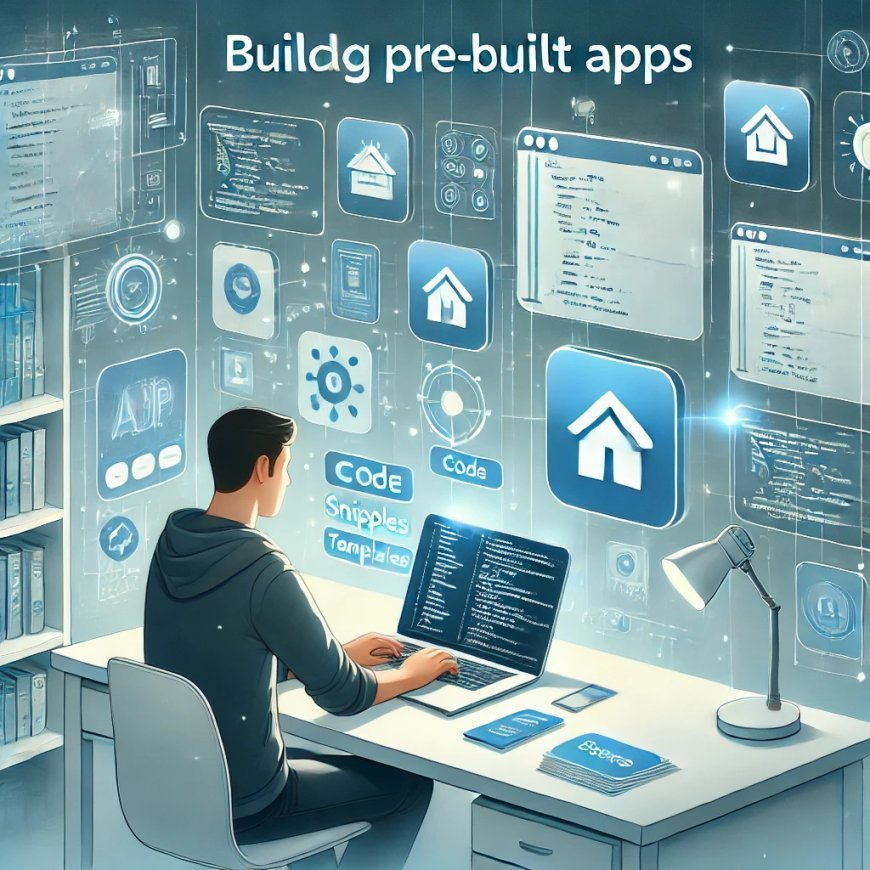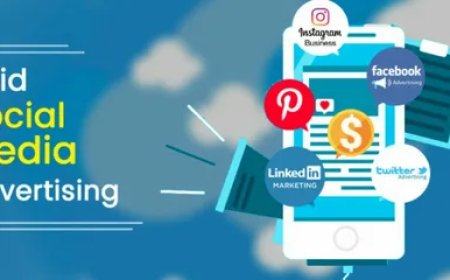How Apps Are Made: A Comprehensive Guide

The development of mobile applications has become a cornerstone of modern business, providing companies with an effective way to connect with their audience. From ride-sharing services to vacation rental platforms like Airbnb, apps are transforming industries worldwide. For entrepreneurs looking to break into the market, understanding how apps are made is essential.
This article delves into the app development process, the role of pre-built solutions like Appkodes Airbnb clone script, and why these tools are a game-changer for startups and established businesses alike.
The App Development Process
Creating an app is a multi-step process that requires careful planning, skilled execution, and ongoing maintenance. Here’s a breakdown of the key stages involved in app development:
1. Ideation and Market Research
Before development begins, it’s crucial to have a clear idea of the app’s purpose and target audience. This phase involves:
- Identifying a problem your app will solve.
- Researching competitors and analyzing their strengths and weaknesses.
- Understanding the preferences and pain points of your target users.
2. Defining Features and Functionalities
Based on your research, outline the features your app will offer. Common features include:
- User authentication and profiles.
- Search and filtering options.
- In-app messaging.
- Secure payment gateways.
- Ratings and reviews.
For example, Appkodes’ Airbnb clone script includes these core functionalities, making it a robust starting point for entrepreneurs in the vacation rental industry.
3. Wireframing and Prototyping
A wireframe is a blueprint of your app, illustrating its layout and navigation. Prototypes provide an interactive preview of the app’s functionality, allowing stakeholders to visualize the user experience.
4. Choosing the Development Approach
There are three main approaches to app development:
- Native Apps: Built specifically for iOS or Android using platform-specific programming languages like Swift or Kotlin.
- Cross-Platform Apps: Developed using frameworks like React Native or Flutter, allowing a single codebase to run on both platforms.
- Web Apps: Browser-based applications that mimic the experience of a native app.
5. Development
This phase involves coding the app’s backend (server-side logic) and frontend (user interface). Key tasks include:
- Setting up servers and databases.
- Writing APIs to connect the frontend and backend.
- Implementing user-friendly interfaces.
Using a pre-built solution like Appkodes’ Airbnb clone script can significantly reduce development time, as much of the backend logic and frontend design is already in place.
6. Testing and Quality Assurance (QA)
Testing is critical to ensure your app functions as intended. Types of testing include:
- Functional Testing: Verifying that all features work correctly.
- Performance Testing: Assessing the app’s speed and responsiveness.
- Security Testing: Identifying vulnerabilities to protect user data.
- Usability Testing: Ensuring a smooth and intuitive user experience.
7. Deployment
Once the app is tested and refined, it’s ready for launch. This involves publishing the app on platforms like the Apple App Store and Google Play Store. Ensure that you comply with each platform’s guidelines to avoid delays.
8. Post-Launch Maintenance
App development doesn’t end at launch. Regular updates, bug fixes, and feature enhancements are essential to keep users engaged and maintain a competitive edge.
Why Use Pre-Built Solutions Like Appkodes’ Airbnb Clone Script?
Developing an app from scratch can be time-consuming and expensive, especially for startups. Pre-built solutions like Appkodes’ Airbnb clone script offer a practical alternative, enabling entrepreneurs to fast-track their projects. Here’s why they’re beneficial:
1. Time Efficiency
Pre-built scripts come with ready-made features and functionalities, allowing you to skip the lengthy development process. This is particularly valuable in competitive markets where speed to market is crucial.
2. Cost-Effectiveness
Custom app development often requires a significant budget for hiring developers, designers, and testers. A clone script offers a high-quality solution at a fraction of the cost.
3. Proven Framework
Clone scripts are based on successful business models like Airbnb. With Appkodes’ Airbnb clone, you get a tried-and-tested framework that ensures reliability and user satisfaction.
4. Customizability
Contrary to the misconception that clone scripts are rigid, they are highly customizable. You can modify the design, add unique features, and tailor the app to your brand’s identity.
5. Scalability
As your user base grows, your app must handle increased traffic and transactions. Appkodes’ solutions are built with scalability in mind, ensuring your platform remains robust and responsive.
6. Support and Maintenance
Reputable providers like Appkodes offer ongoing support to help you address technical issues and implement updates, ensuring a seamless experience for your users.
Key Features of Appkodes’ Airbnb Clone Script
Appkodes’ Airbnb clone script is designed to empower entrepreneurs with the tools needed to create a successful vacation rental platform. Here are some standout features:
- Advanced Search Filters: Help users find accommodations that match their preferences, such as location, price, and amenities.
- User-Friendly Interface: A sleek and intuitive design ensures a seamless experience for both hosts and guests.
- Secure Payment Gateways: Integration with trusted payment processors ensures safe and hassle-free transactions.
- Multilingual Support: Cater to a global audience with multi-language capabilities.
- Review and Rating System: Build trust and transparency by allowing users to share feedback.
- Mobile Responsiveness: Ensure your app performs flawlessly on smartphones and tablets.
Challenges in App Development and How to Overcome Them
While app development is rewarding, it comes with challenges. Here’s how pre-built solutions like Appkodes’ Airbnb clone can help:
1. High Development Costs
Custom development often exceeds budgets. Clone scripts offer an affordable alternative without compromising on quality.
2. Time Constraints
Building an app from scratch can delay your market entry. A pre-built script accelerates the process, giving you a competitive edge.
3. Technical Expertise
Not all entrepreneurs have a background in app development. Appkodes simplifies the process with user-friendly solutions and dedicated support.
4. Market Competition
Standing out in a crowded market is challenging. Customizable clone scripts allow you to differentiate your app with unique features and branding.
The Future of App Development
The app development landscape continues to evolve, with emerging technologies driving innovation. Here are some trends shaping the future:
- Artificial Intelligence (AI): AI-powered apps offer personalized experiences, predictive analytics, and intelligent automation.
- Blockchain: Enhanced security and transparency through blockchain technology.
- Augmented Reality (AR) and Virtual Reality (VR): Immersive experiences for gaming, real estate, and e-commerce apps.
- 5G Connectivity: Faster speeds and lower latency enable advanced functionalities.
- Sustainability: Eco-friendly app development practices and features that promote sustainability.
Conclusion
Understanding how apps are made is crucial for entrepreneurs looking to create impactful digital solutions. From ideation and development to deployment and maintenance, the process requires strategic planning and technical expertise.
Pre-built solutions like Appkodes’ Airbnb clone script offer a practical and efficient way to enter the market. With their customizable features, scalability, and cost-effectiveness, they empower businesses to build successful apps without the challenges of starting from scratch.
In a world where technology is rapidly evolving, staying ahead means embracing innovation. Whether you’re launching a vacation rental platform or any other app, leveraging tools like Appkodes’ Airbnb clone script can help you turn your vision into reality.
What's Your Reaction?

























































